- Mirror Manufacturer USA-Custom Bathroom & LED Mirror Factory
- Mirrors French
- Mirror Austrian
- Canadian mirrors
- Mirrors British
- Mirror Dutch
- Mirror Hungarian
- Mirror Belgian
- Mirror Slovak
- Mirror Luxembourg
- Mirror Romanian
- Mirror Swiss
- Mirror Bulgarian
- Mirror Croatian
- Mirror Irish
- Mirror Serbian
- Mirror Swedish
- Mirrors Norwegian
- Mirrors Finnish
- Mirrors Danish
- Mirrors Icelandic
- Mirrors Greek
- Mirrors German
- Maltese mirrors
- Mirrors Italian
- Mirrors Cypriot
- Mirrors Spanish
- Mirrors Polish
- Mirrors Portuguese
- Mirrors Czech
teruiermirror
Custom Minimalist Full-Length Mirrors for European and American Markets
Custom Minimalist Full-Length Mirrors for European and American Markets
Style Positioning
The Minimalist style in European and American design emphasizes simplicity, purity, and the elimination of excessive ornamentation, showcasing spatial aesthetics through clean lines and forms. When customizing full-length mirrors, this philosophy should guide the design—prioritizing sleek, understated elegance that seamlessly integrates with the surrounding environment. Materials typically include glass, metal, and other modern, uncluttered options, avoiding intricate textures or embellishments. The design focuses on streamlined silhouettes and geometric precision, with common shapes like rectangular or square preferred over irregular or overly curved forms.
Product Design
Shape & Dimensions
-
Shape: Square or rectangular mirrors are the most common in minimalist design, offering versatility to complement various spaces.
-
Dimensions: Custom sizing should align with usage scenarios and room proportions. Larger mirrors suit bedrooms and walk-in closets, while smaller ones fit hallways, bathrooms, or compact areas.
Material Selection
-
Glass: High-clarity, impurity-free glass ensures sharp reflections. Options include clear, frosted, or tinted glass for added functionality and aesthetic appeal.
-
Frame Materials:
-
Metal (stainless steel, aluminum): Delivers a modern, industrial edge.
-
Wood (lacquered white/black): Introduces warmth and natural texture while maintaining minimalism.
-
Detail Design
-
Frameless Design: Enhances visual spaciousness by eliminating borders, ideal for ultra-sleek interiors.
-
Recessed Mounting: Embedding mirrors into walls or cabinets creates a seamless look, reinforcing spatial cohesion.
Market Reference
Platforms like Dhgate.com offer examples such as the “Nordic Minimalist Full-Length Mirror”—a frameless, rectangular glass mirror designed for bedrooms, embodying minimalist principles with its unadorned structure. Such products serve as practical inspiration for customization.
Cost & Budget
Key cost factors include:
-
Materials: Premium glass and frame finishes (e.g., tempered glass, brushed metal) raise costs.
-
Production: Frameless or recessed designs may increase complexity and expenses.
-
Logistics: Size and fragility impact shipping fees.
A clear budget helps balance material quality, craftsmanship, and installation methods for a feasible solution.
Customer Reviews
Generally speaking, our order requirements are as follows: the minimum order quantity (MOQ) for large items is 50 pieces, for regular items it is 100 pieces, for small items it is 500 pieces, and for very small items (such as ceramic decorations) the MOQ is 1,000 pieces. Orders exceeding $100,000 will receive a 5% discount. The delivery timeline is determined based on the specific order quantity and production schedule. Typically, we are able to complete delivery within two months.
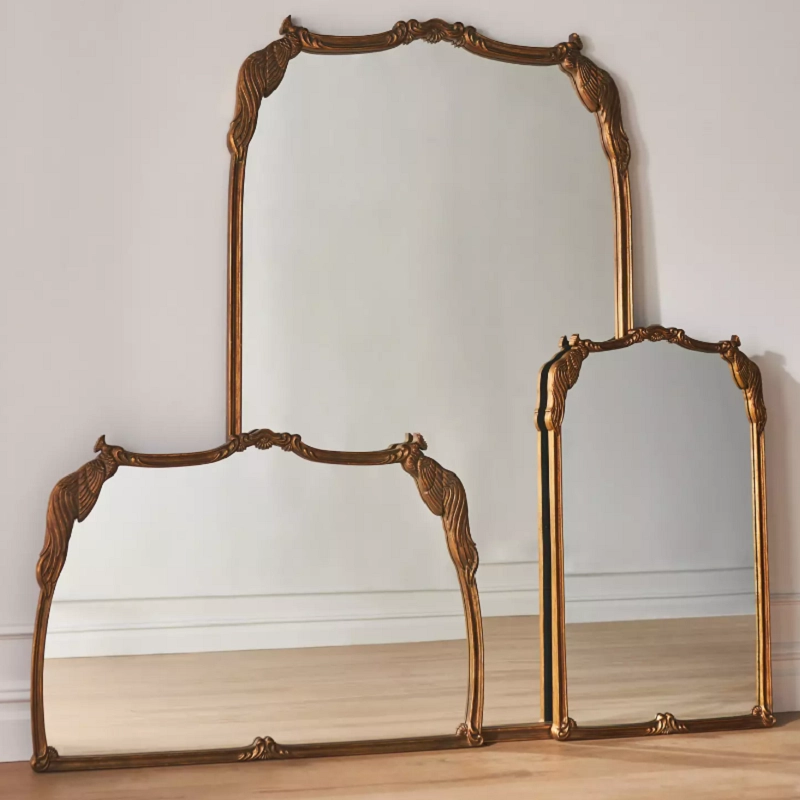
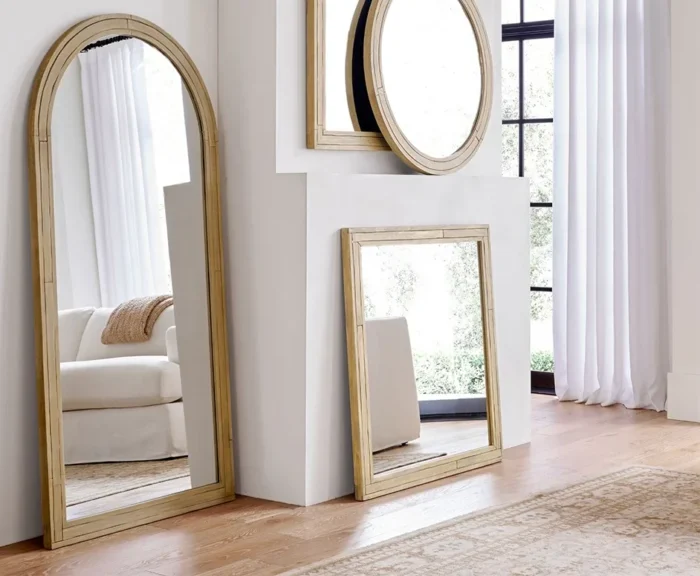
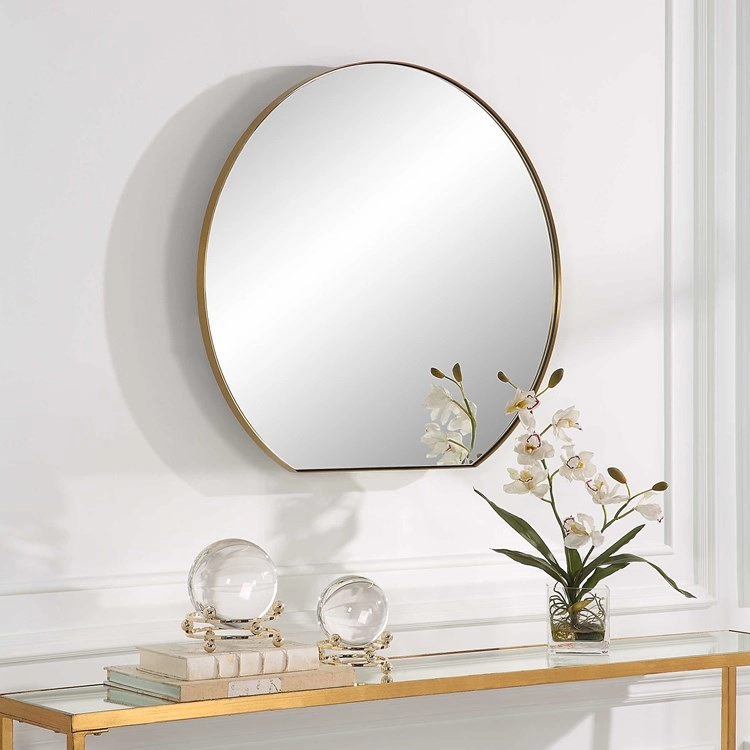
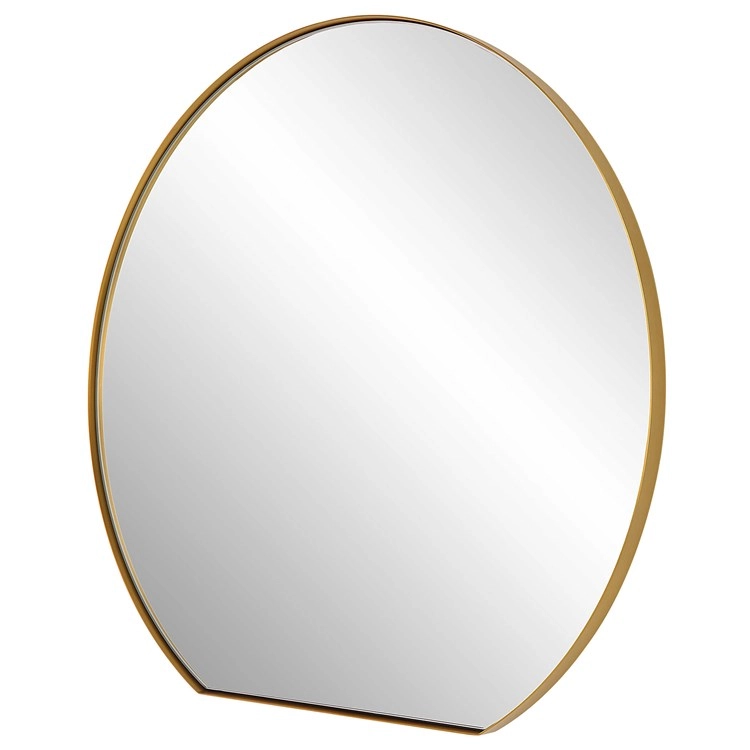
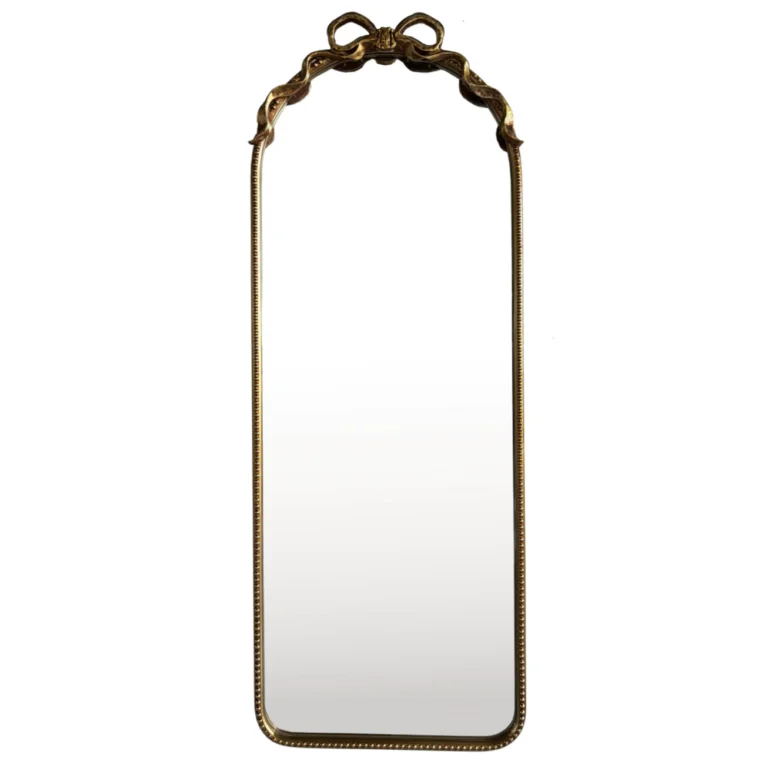
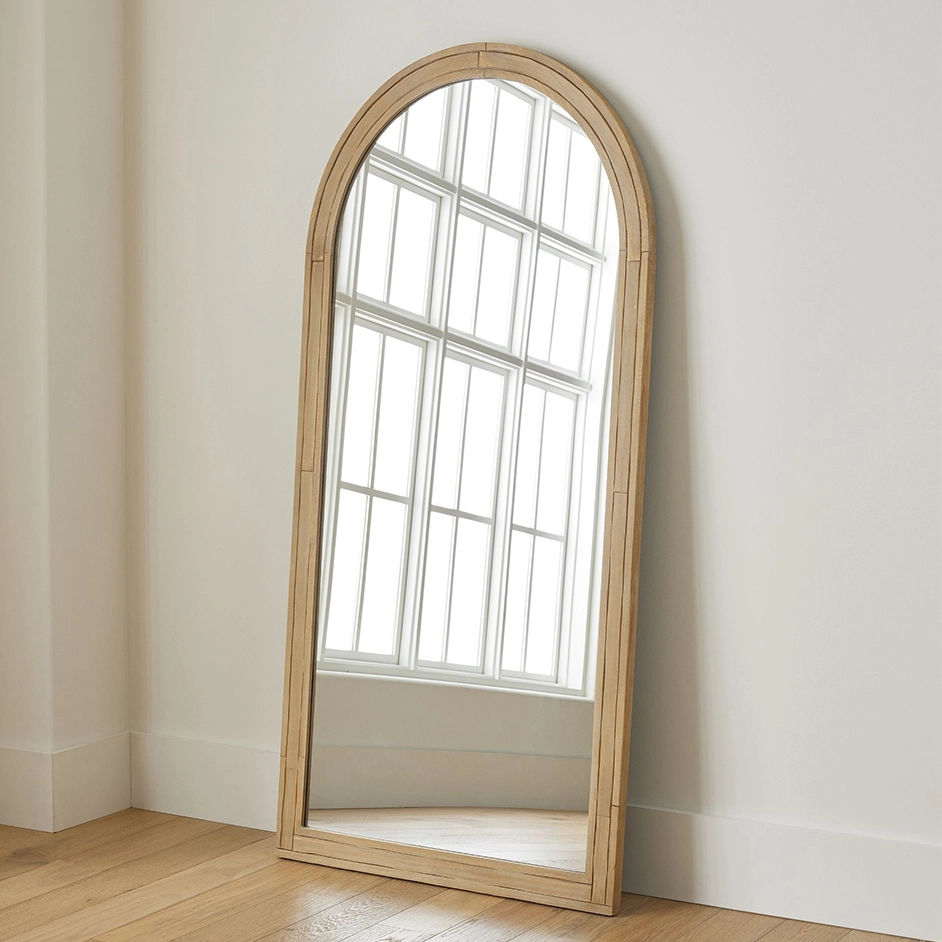
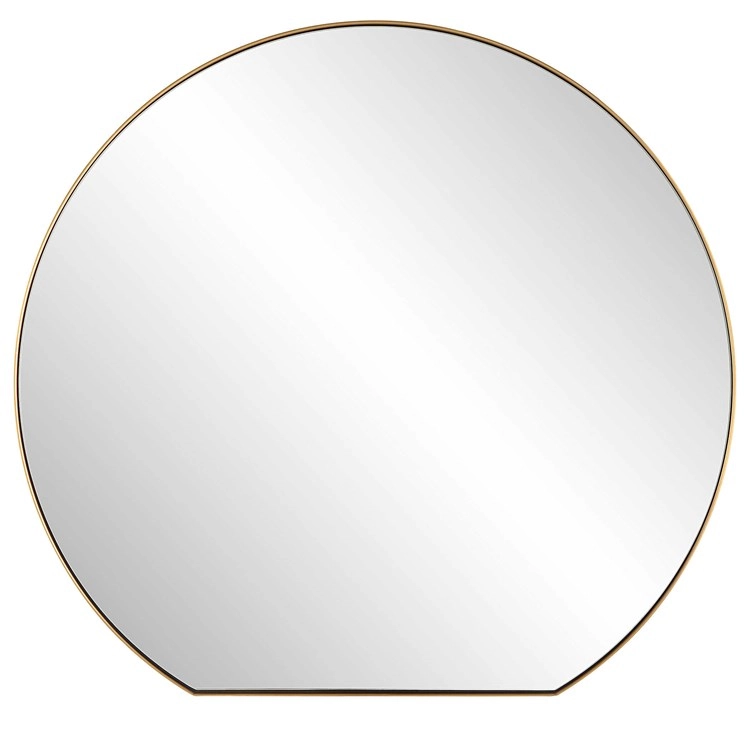
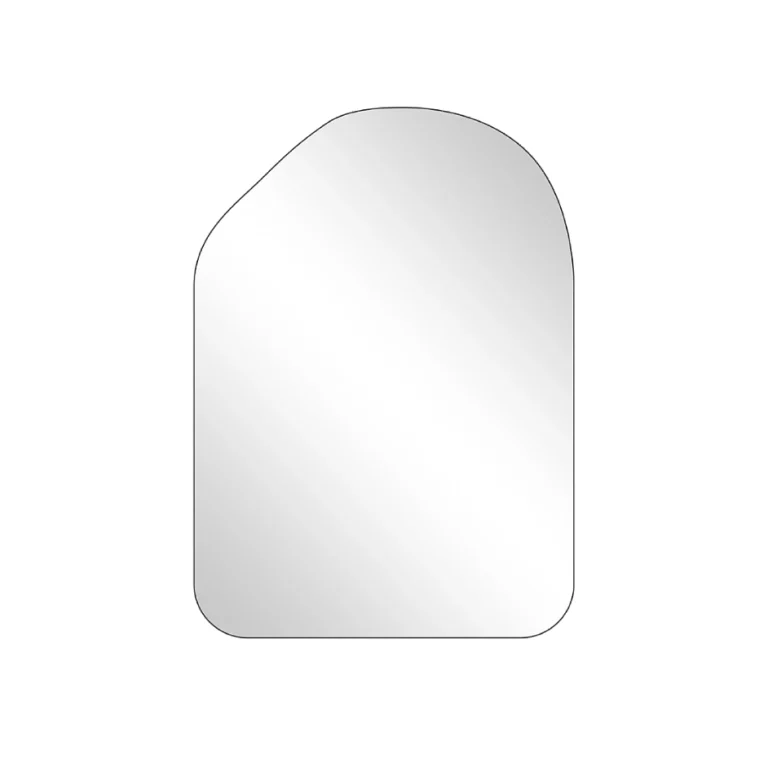





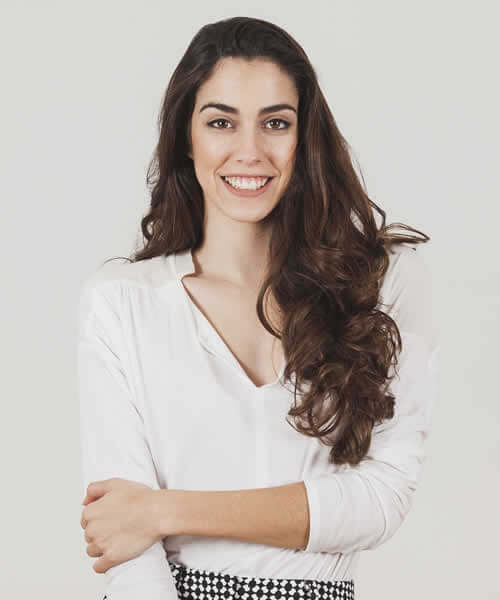

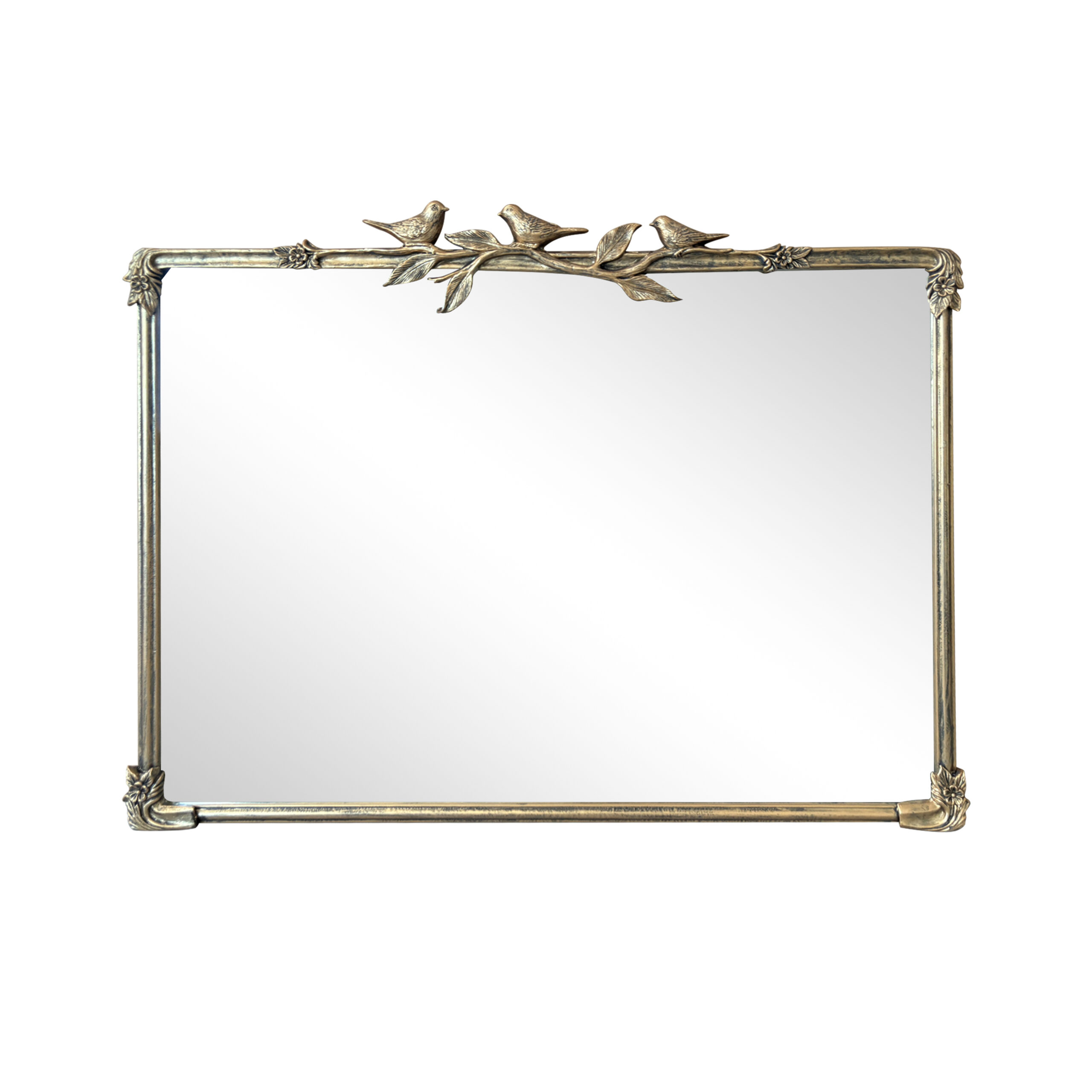
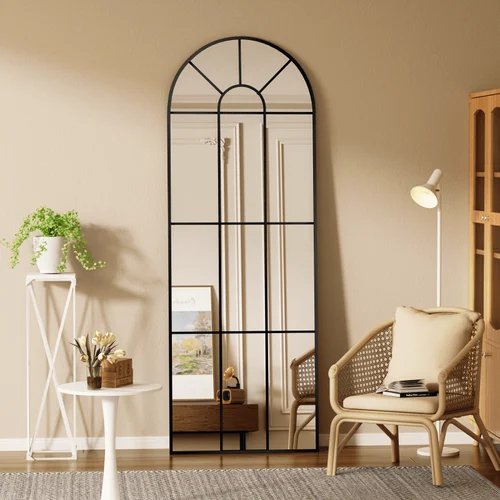
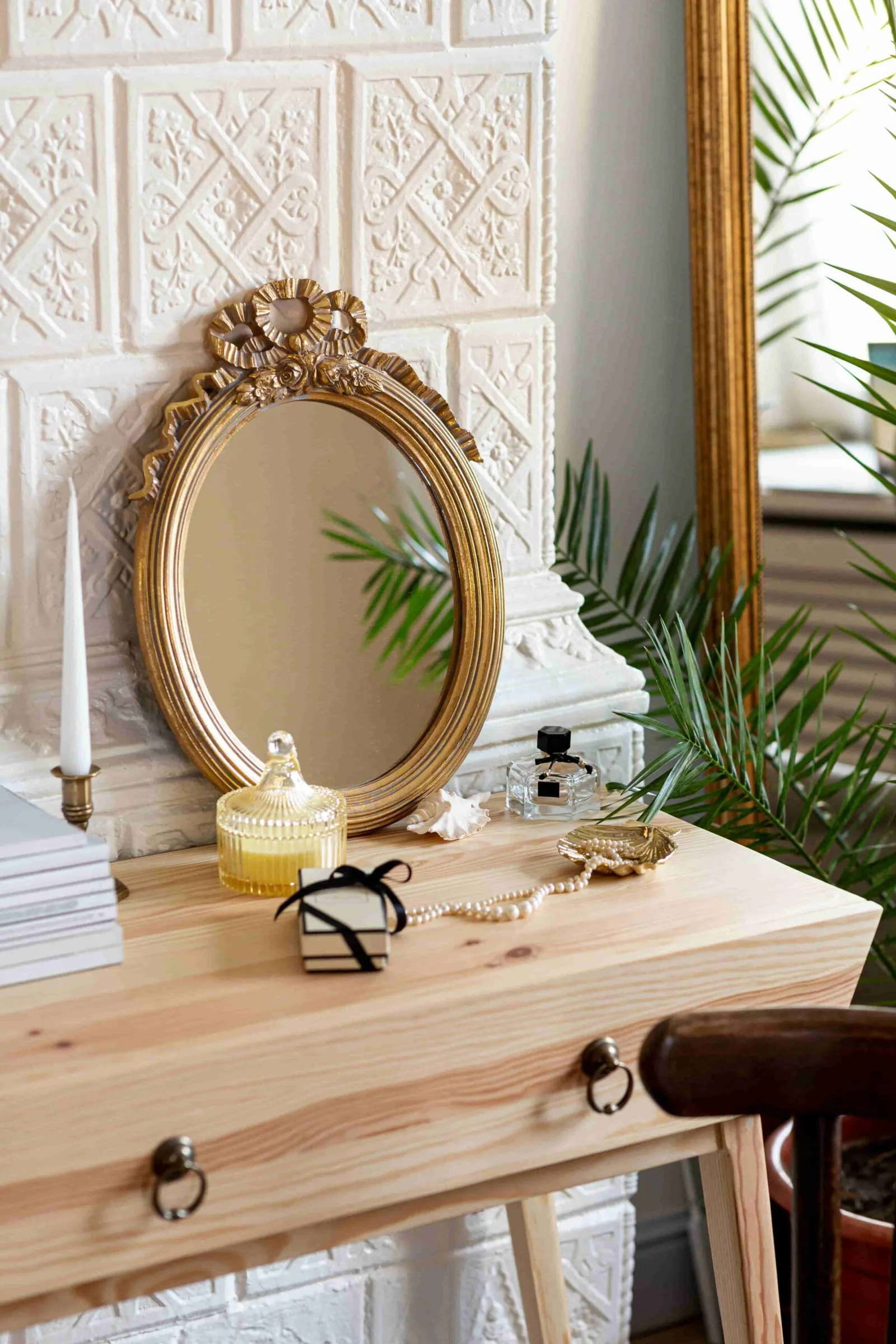
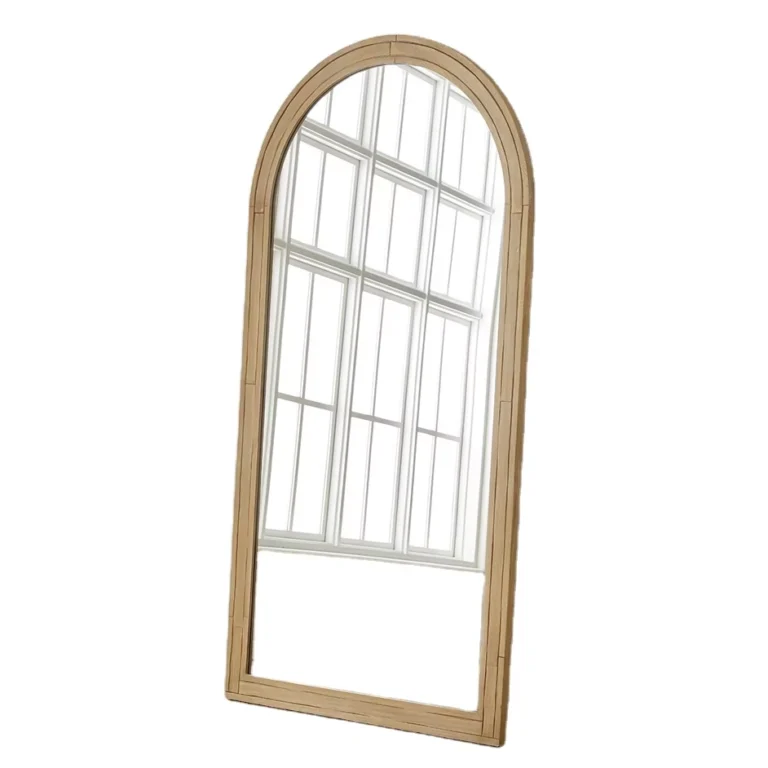
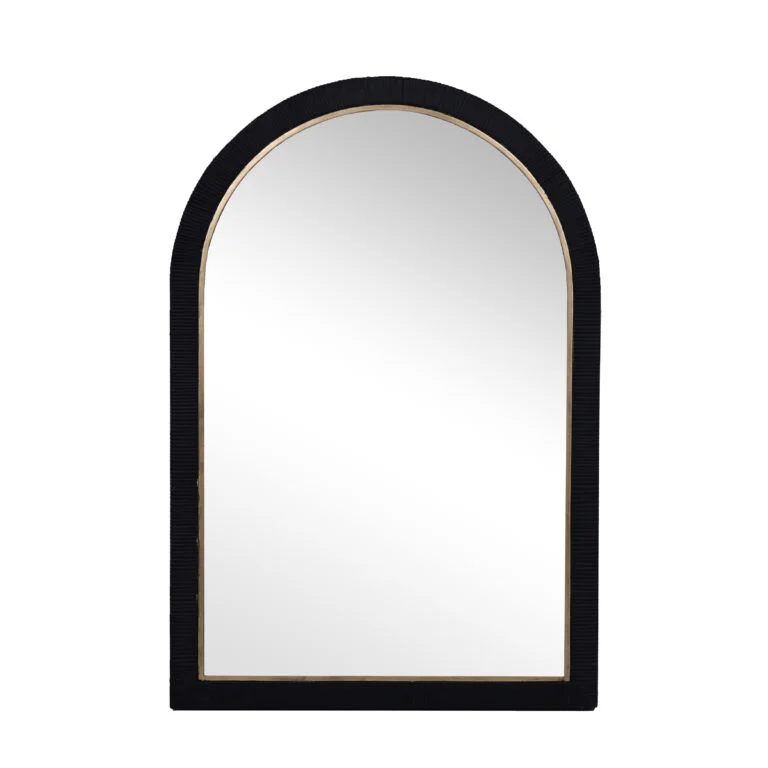
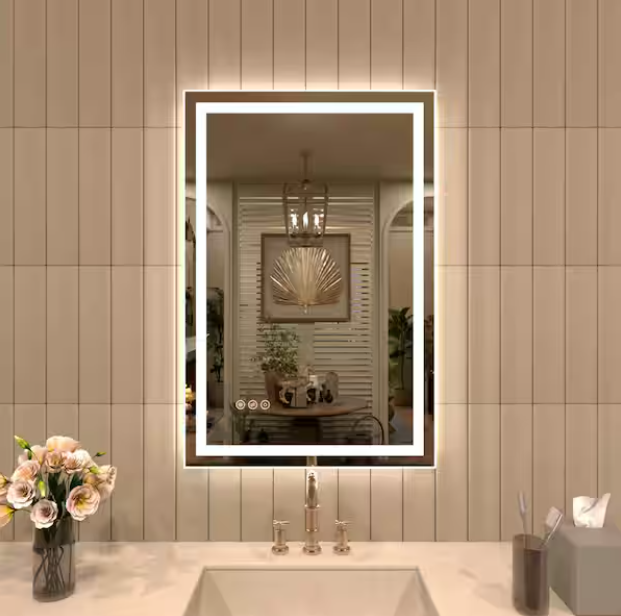
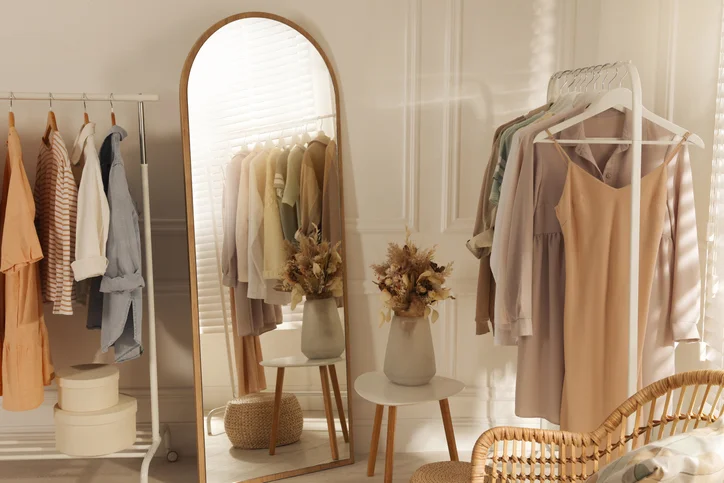
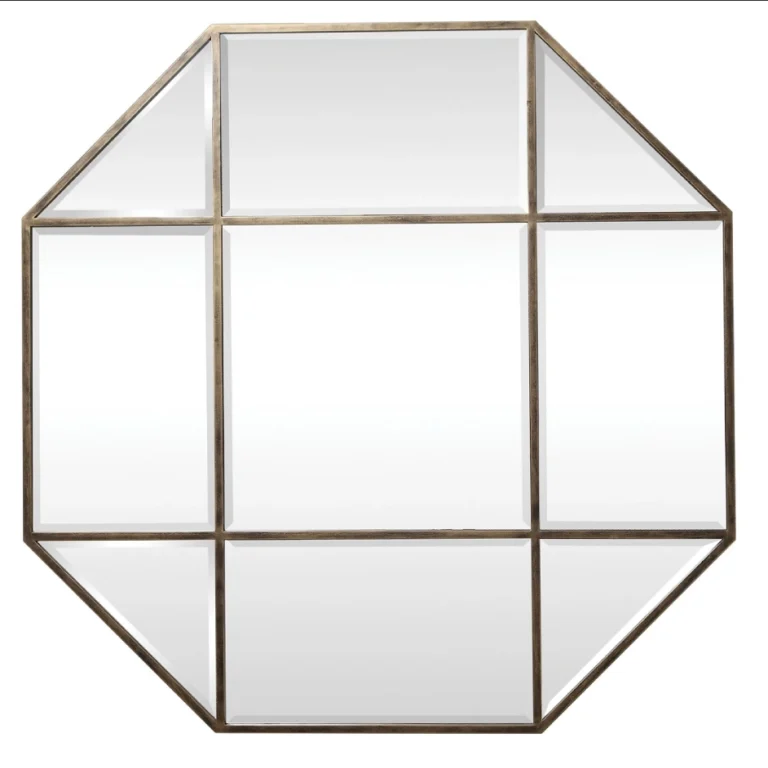
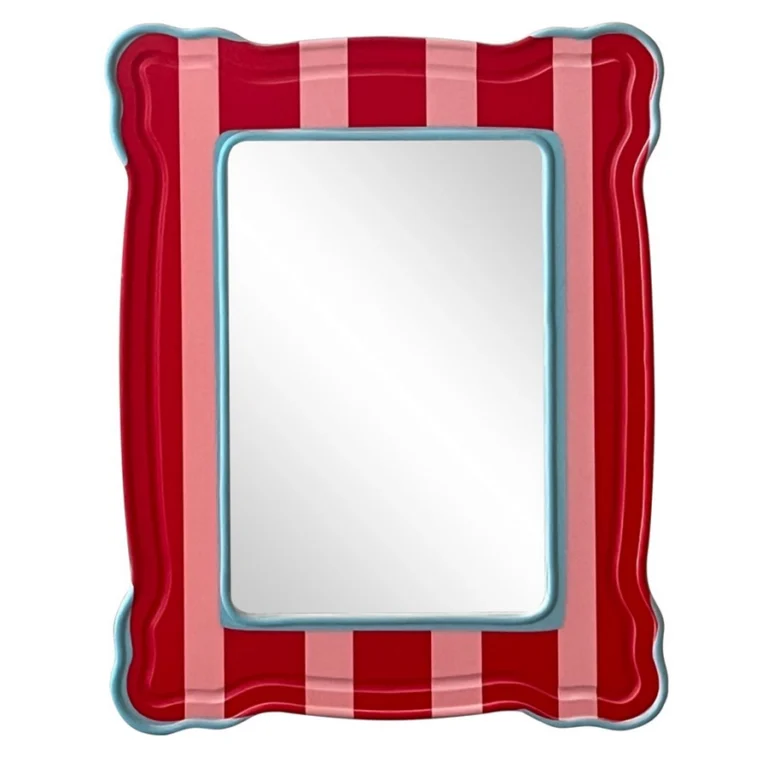
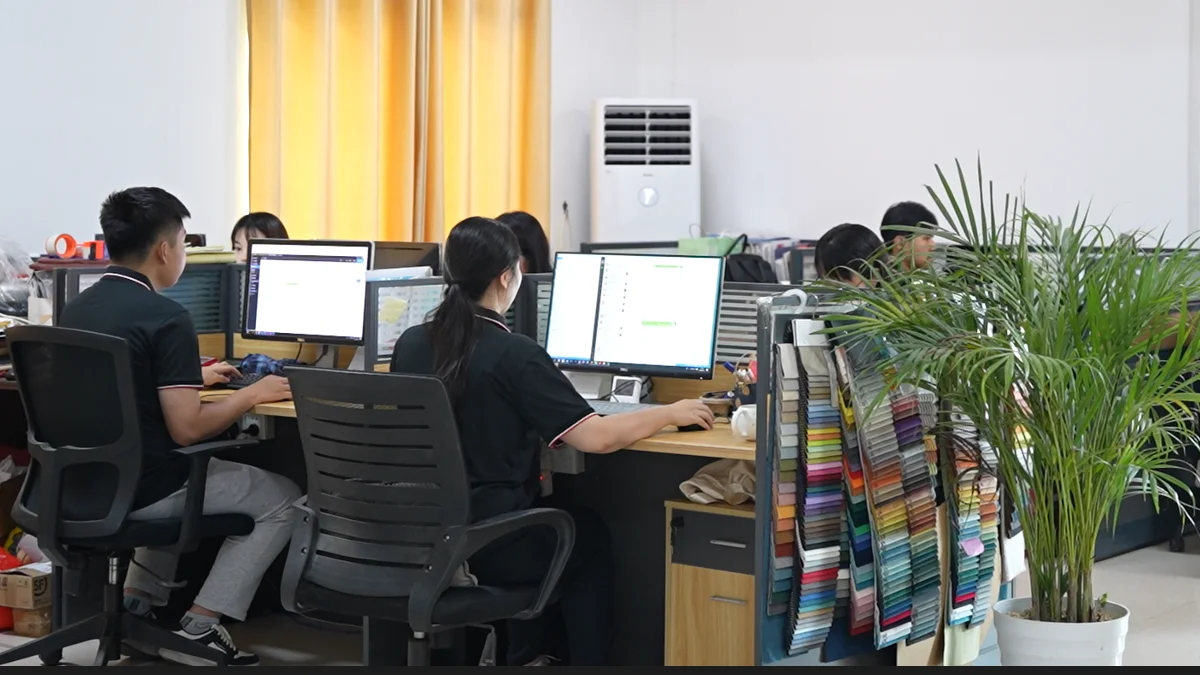
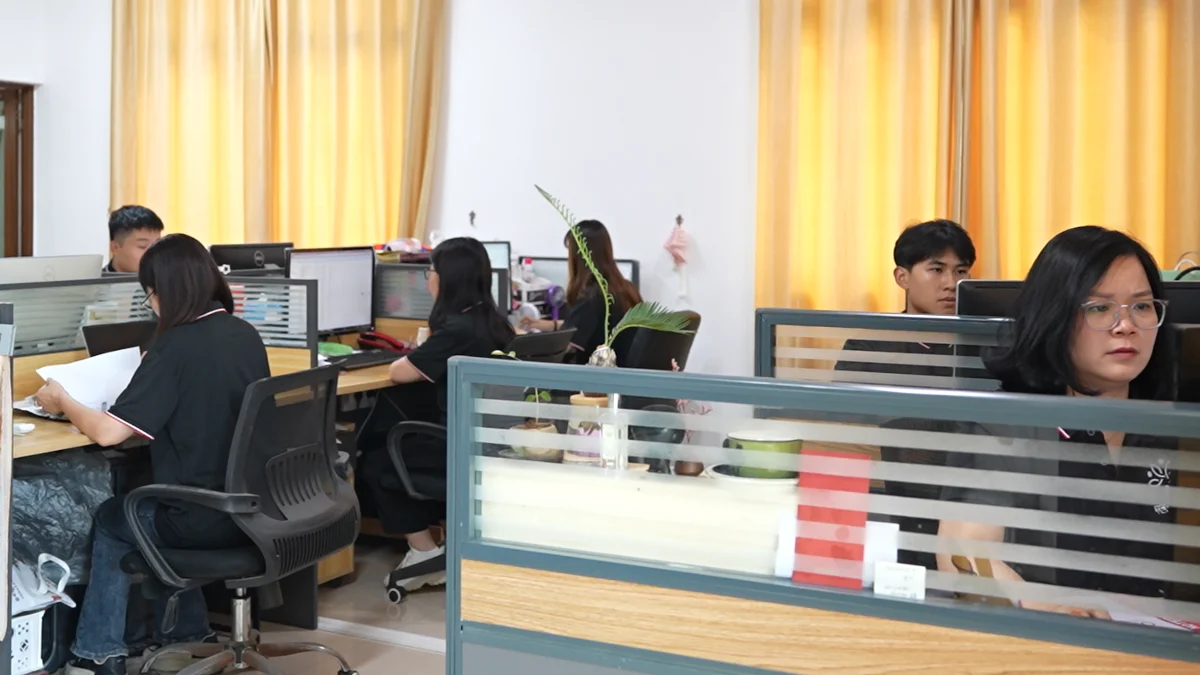

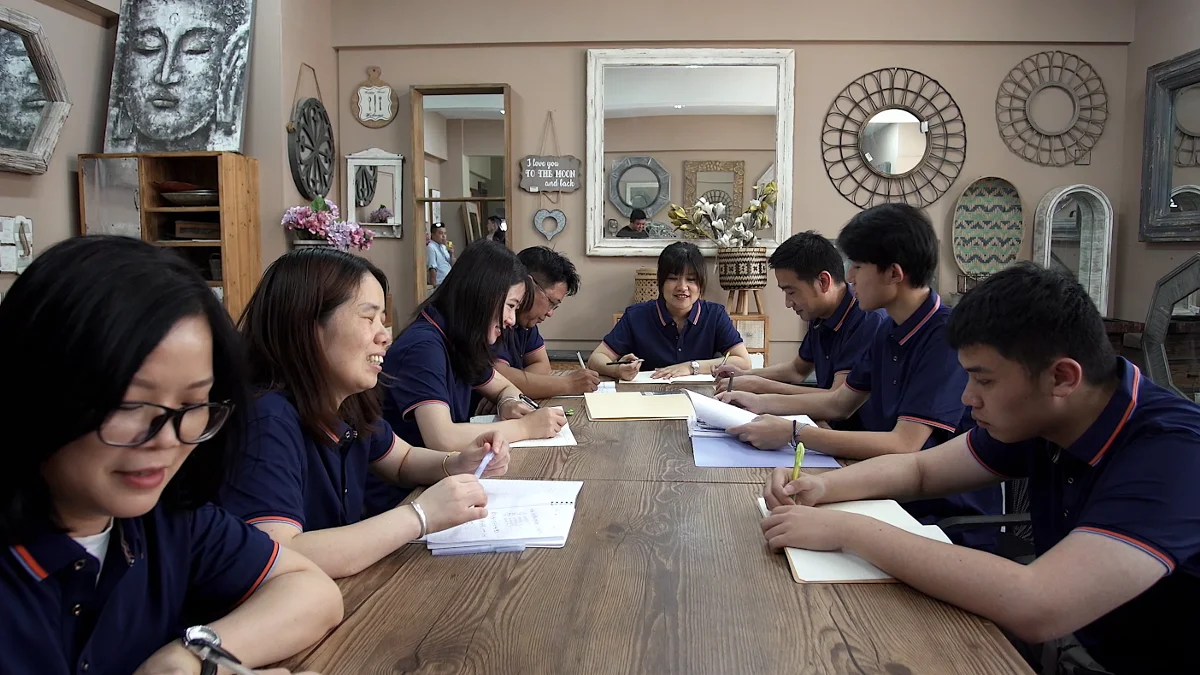
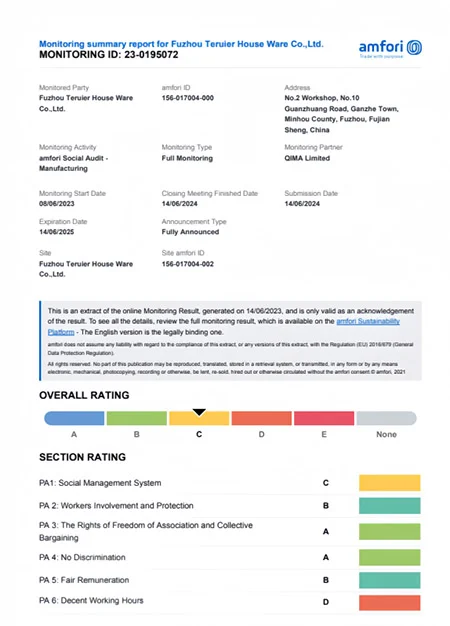
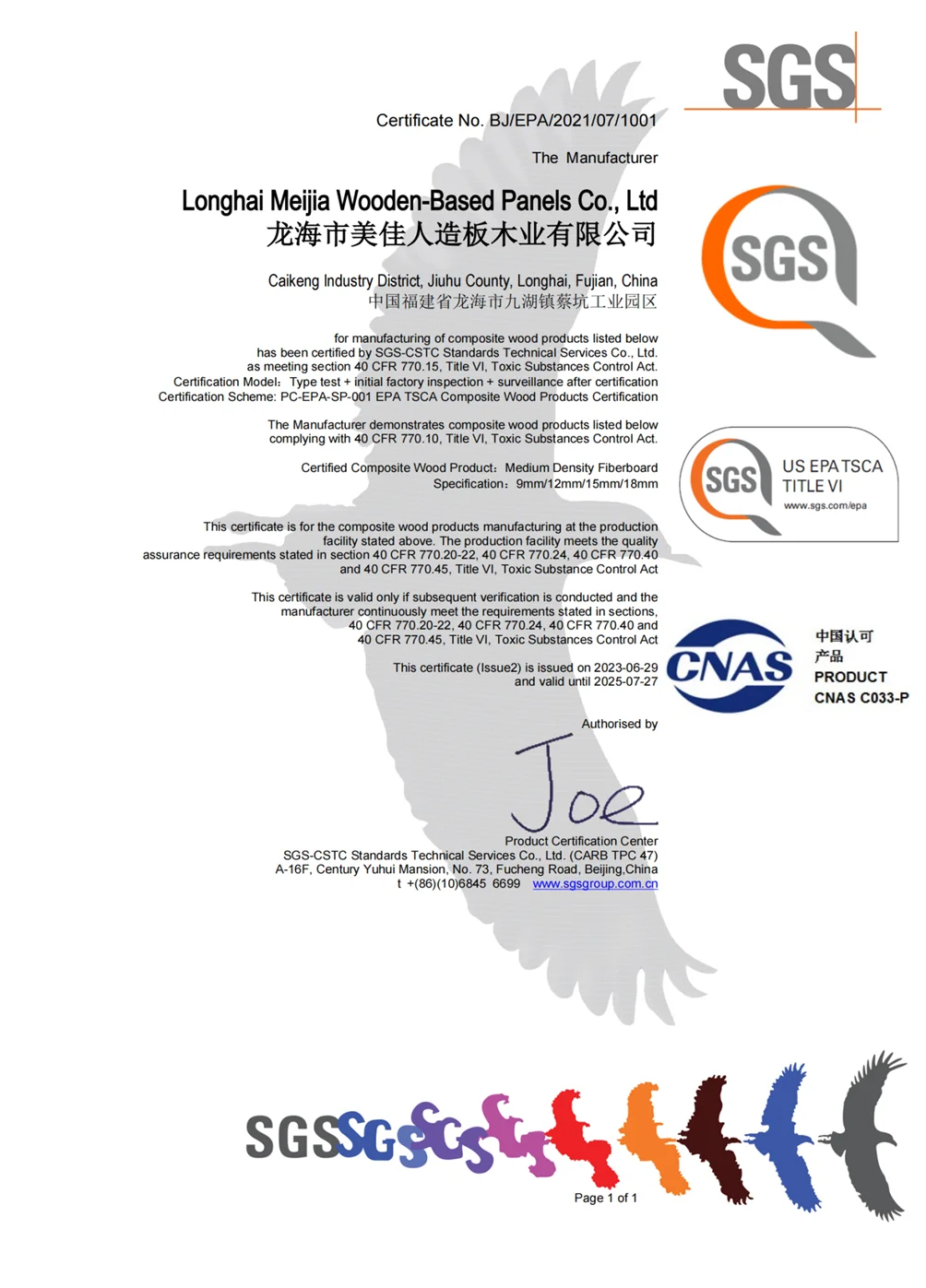

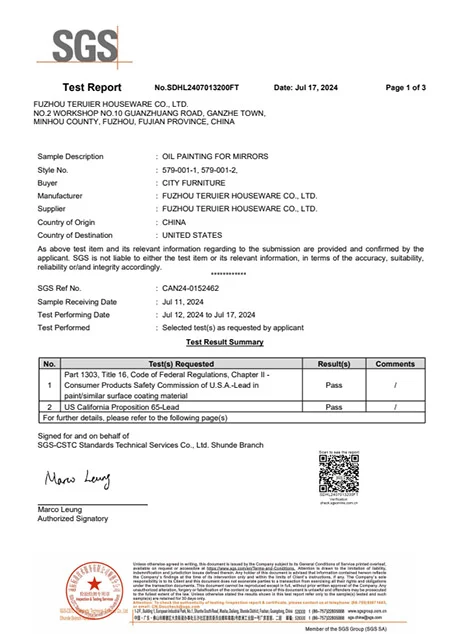
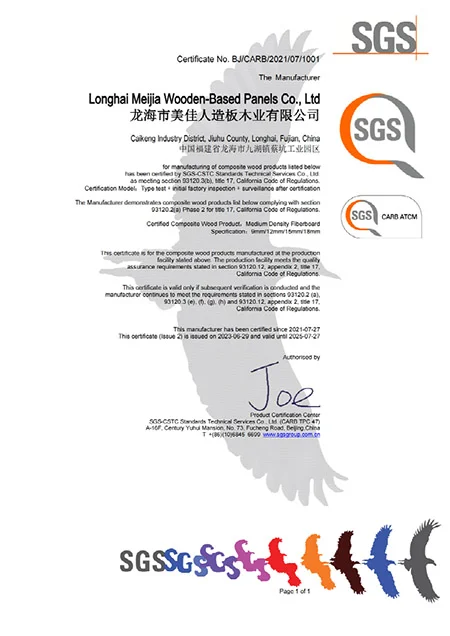
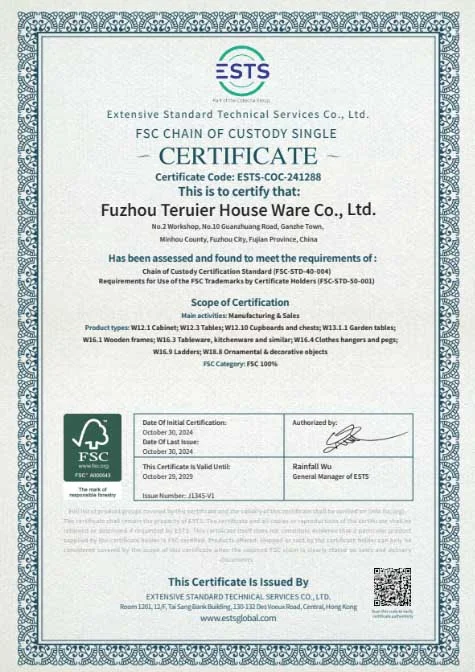
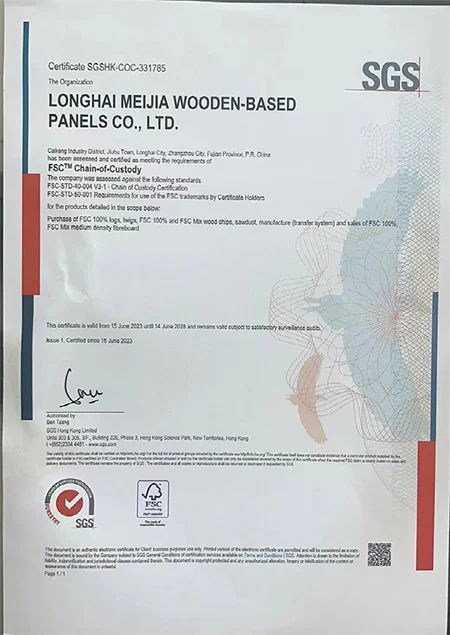

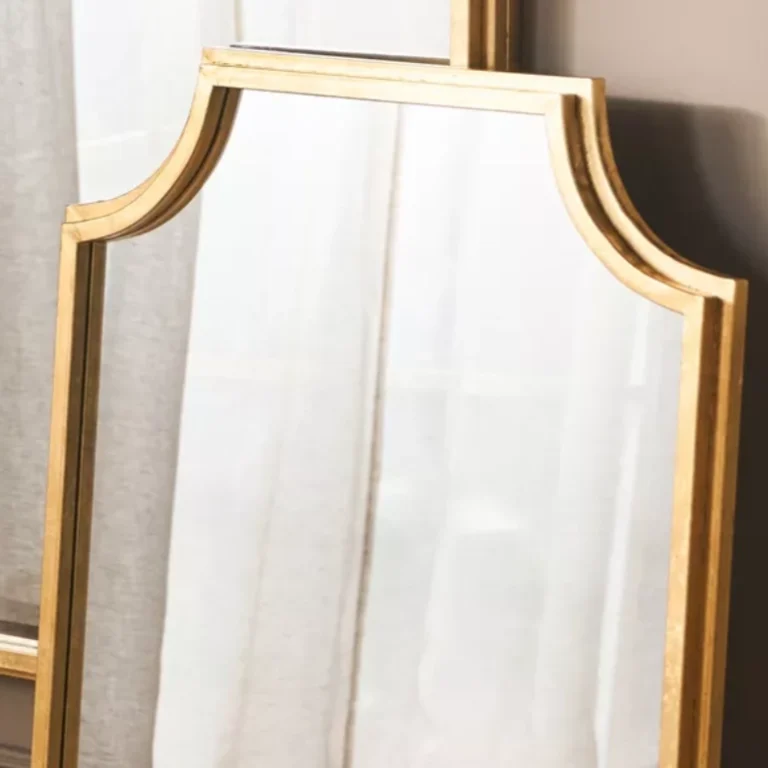
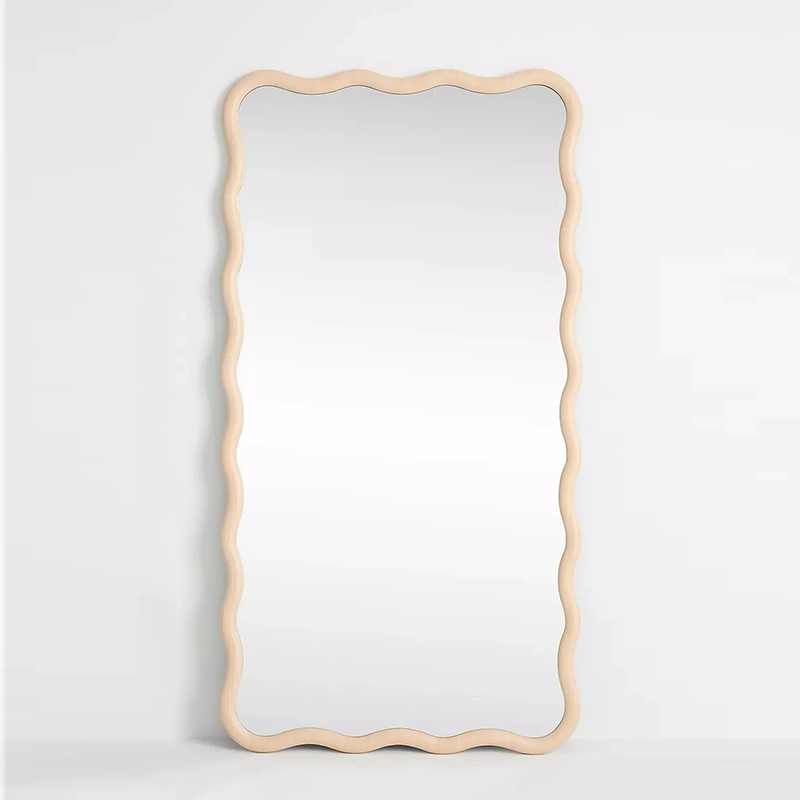
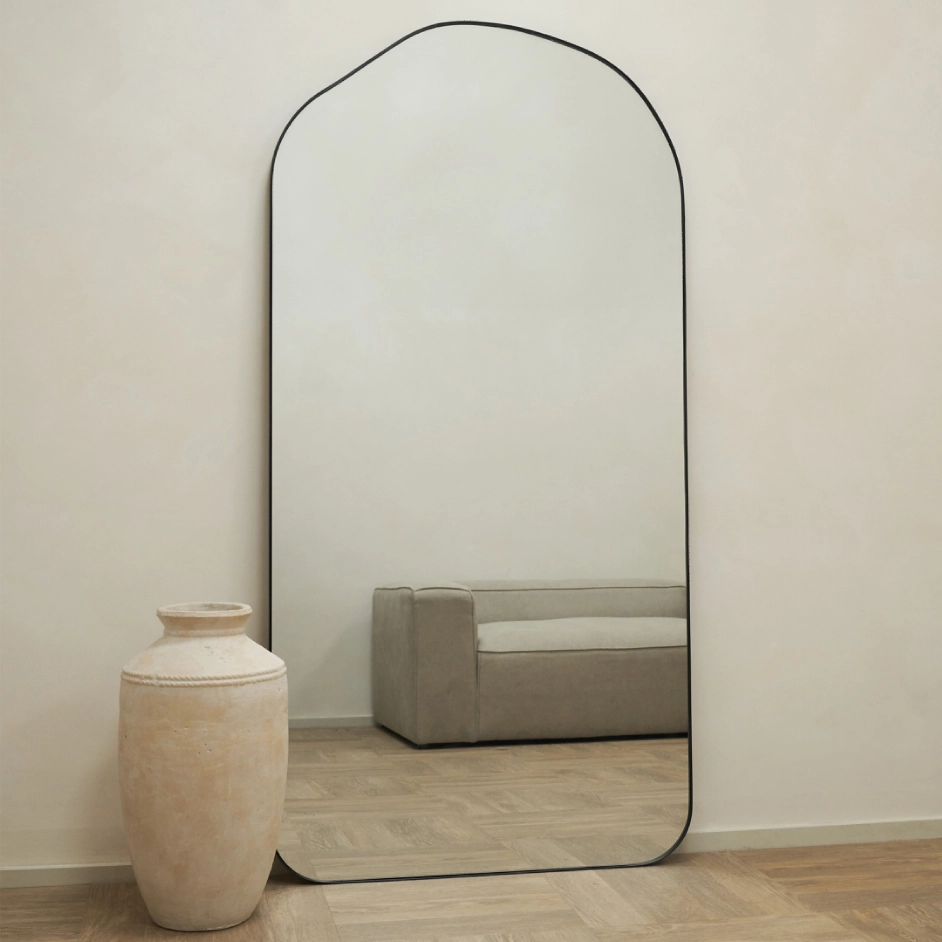
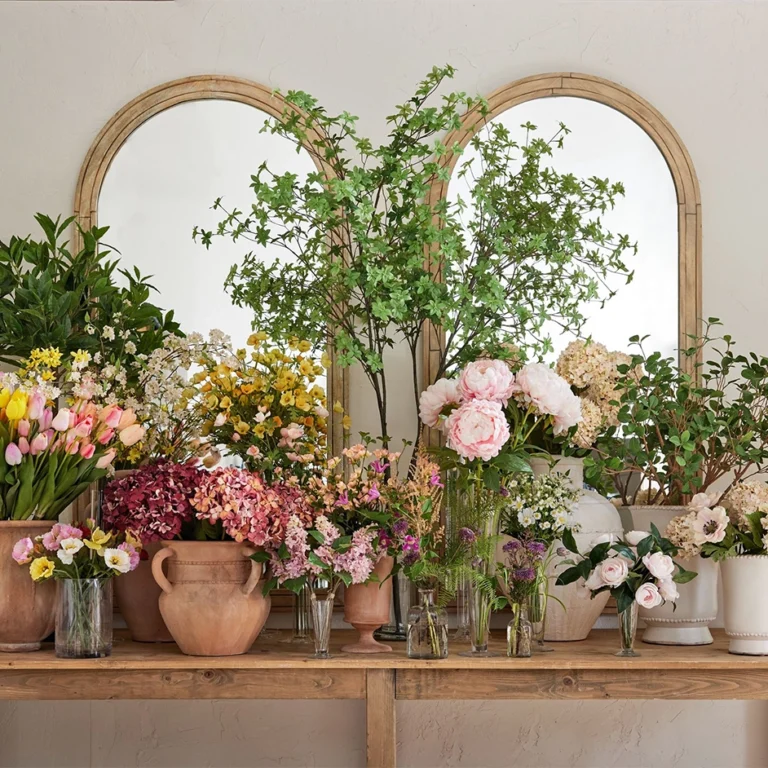
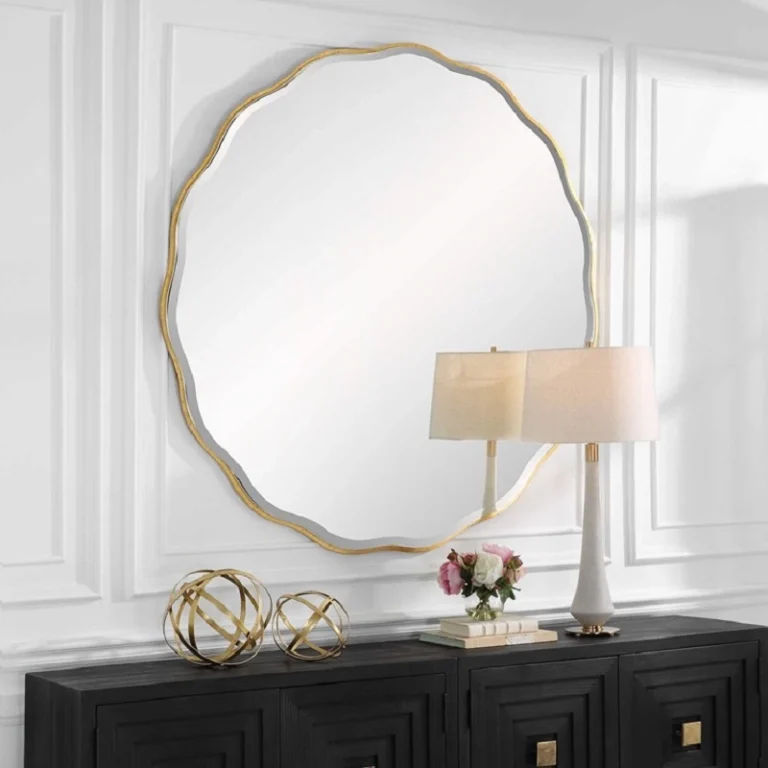
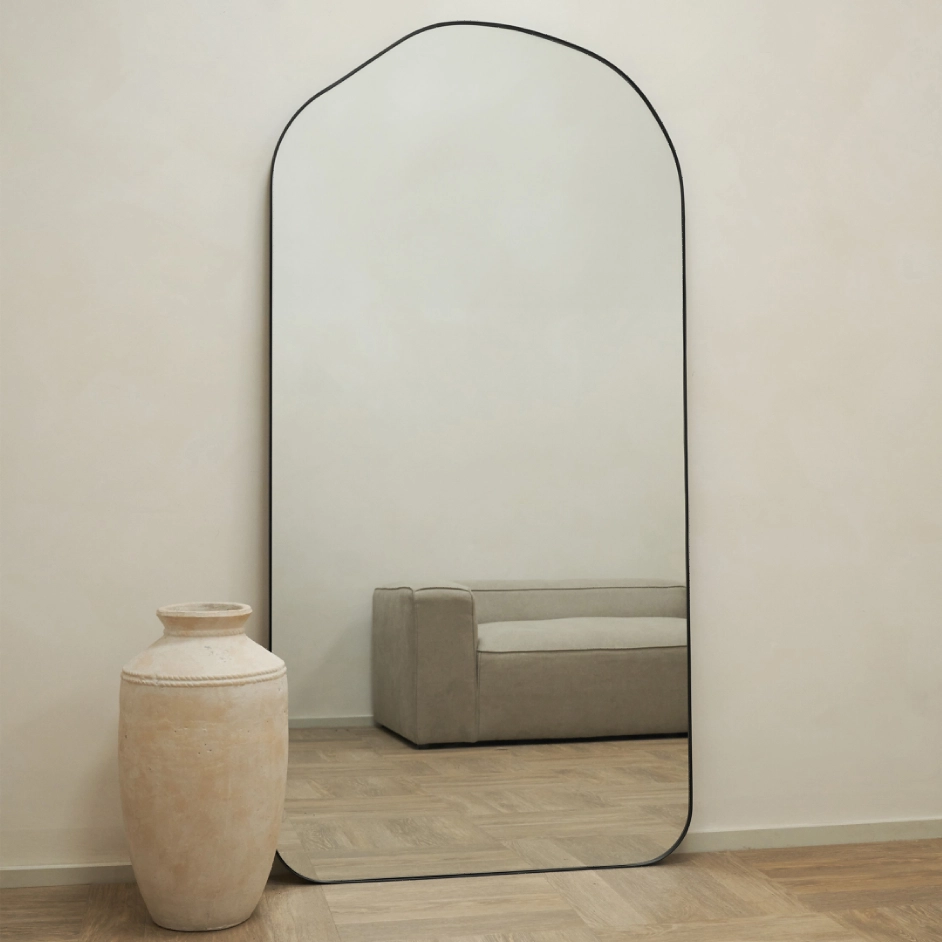
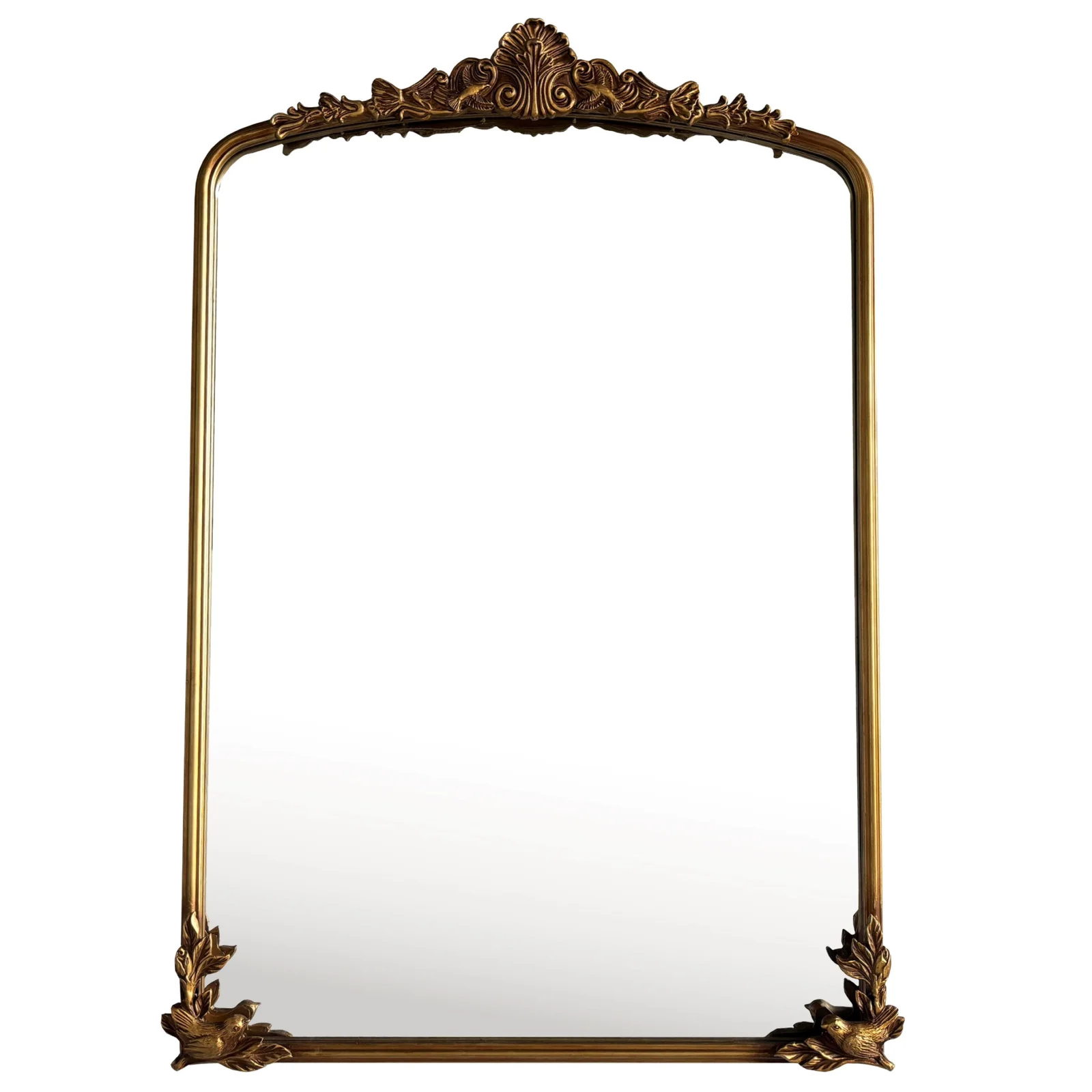
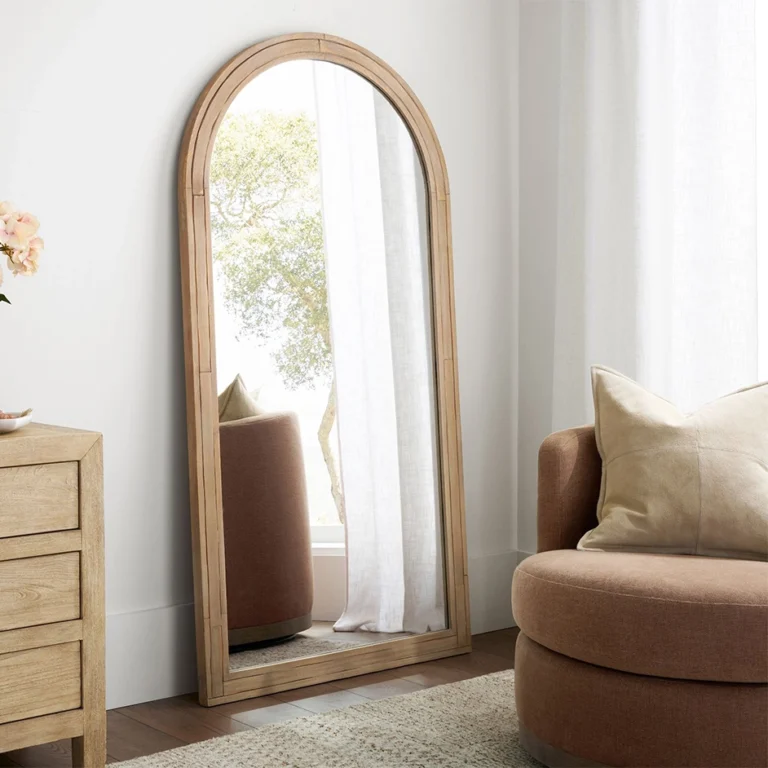
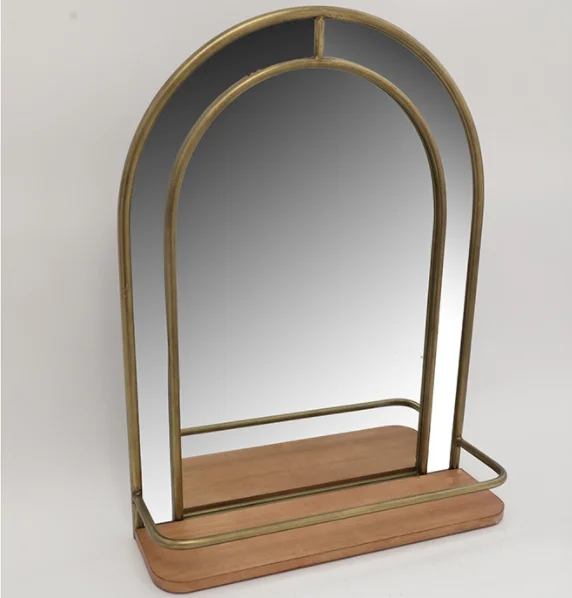
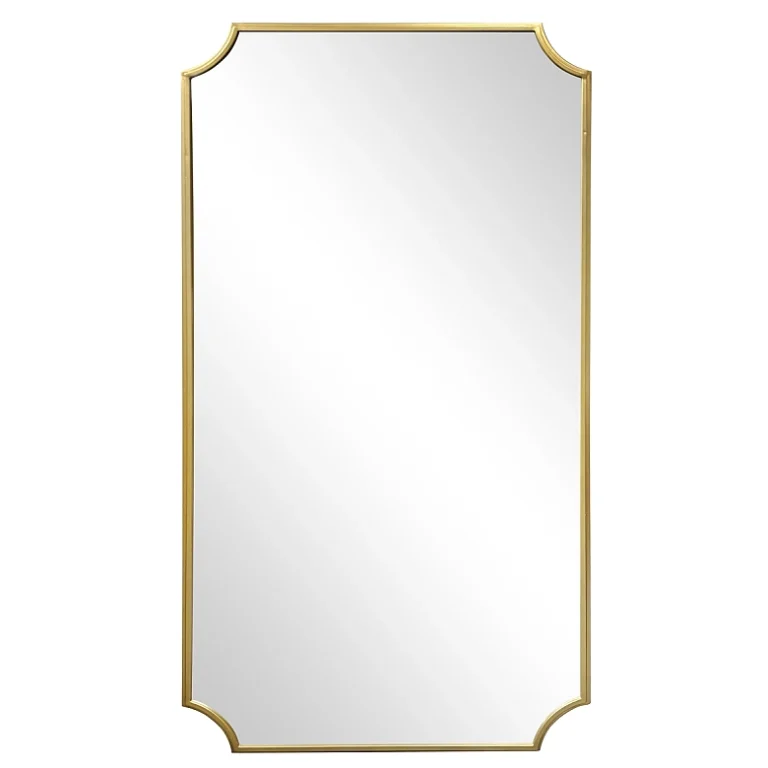
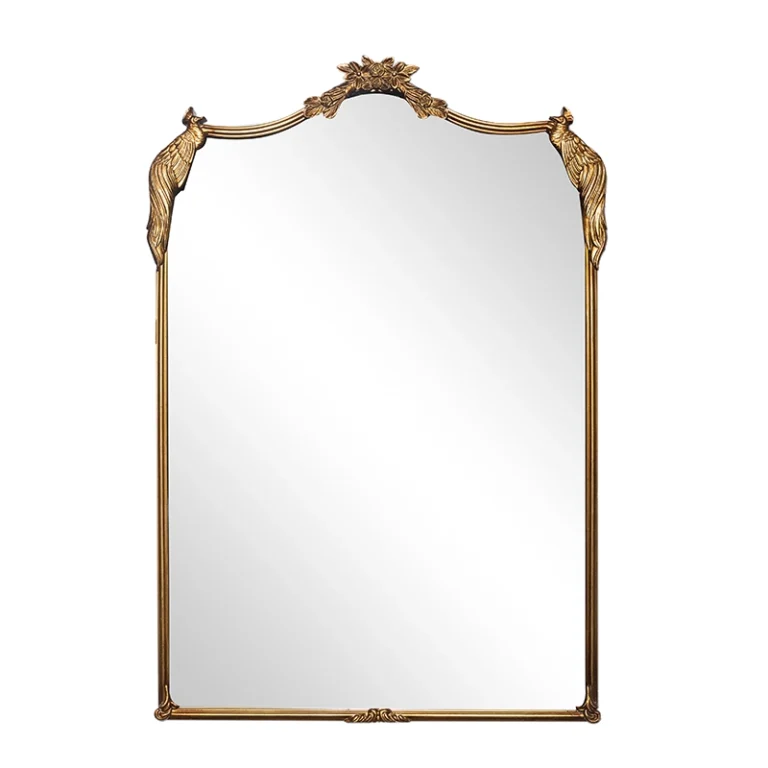
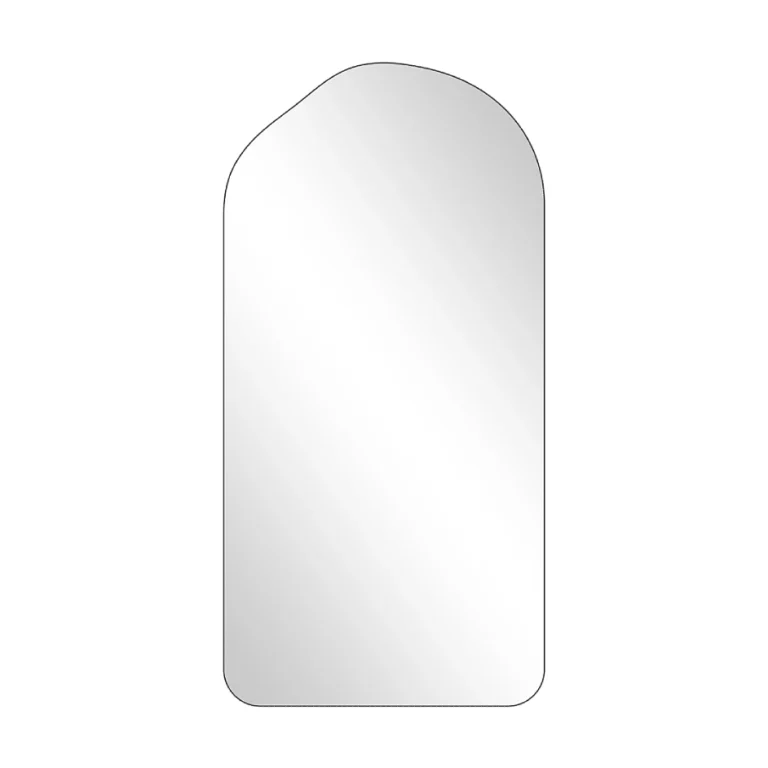
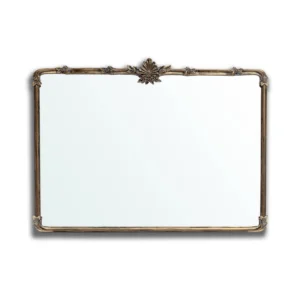
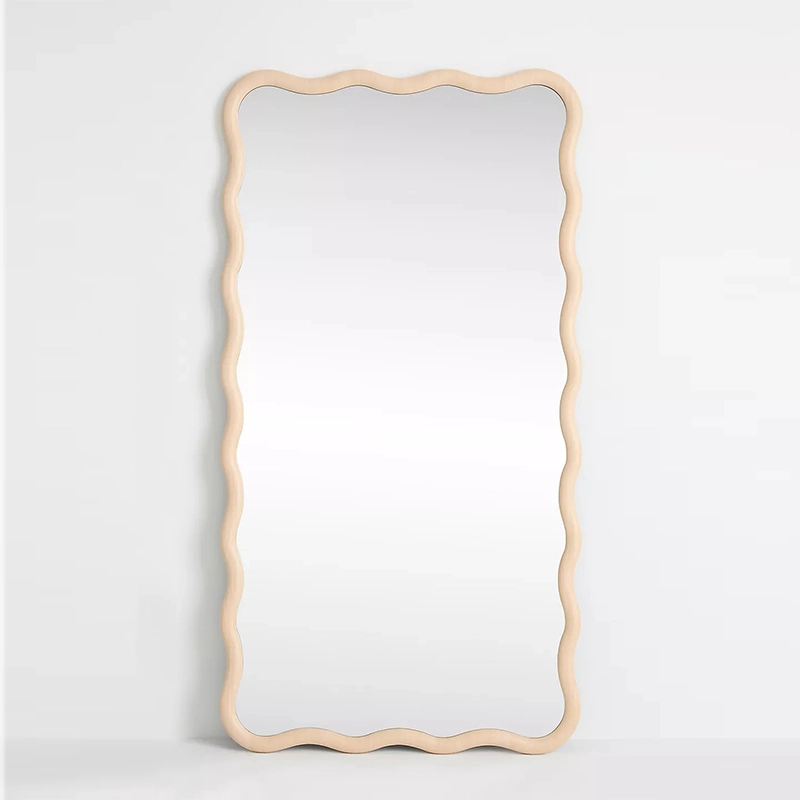
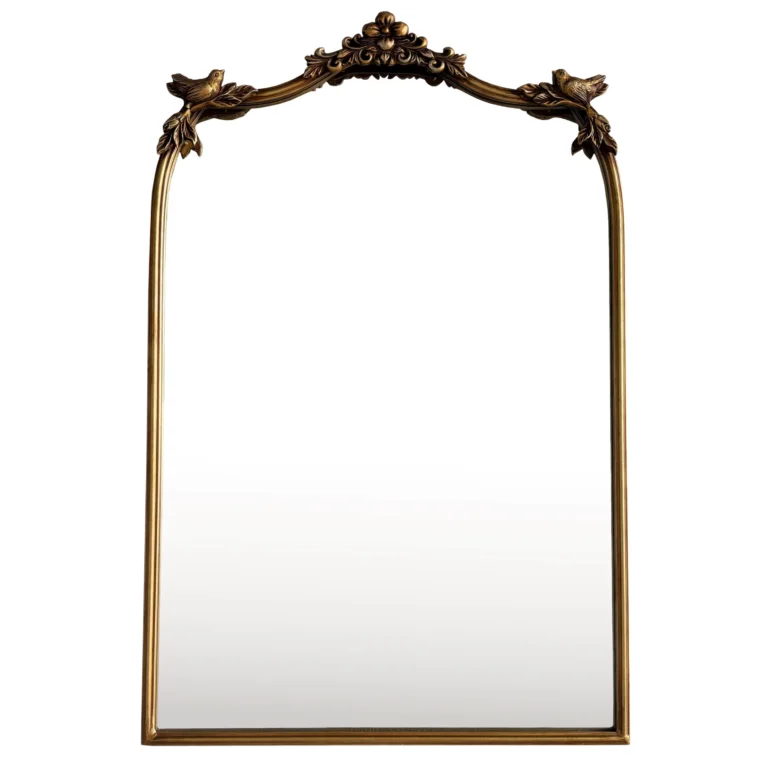
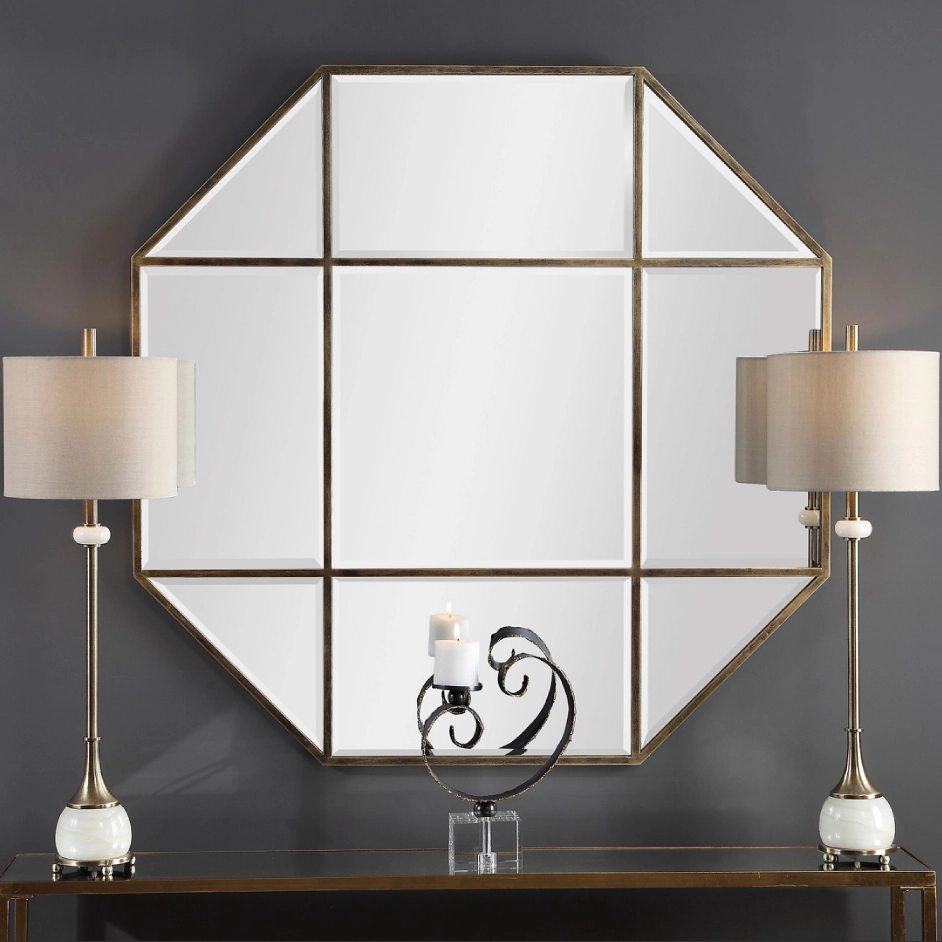
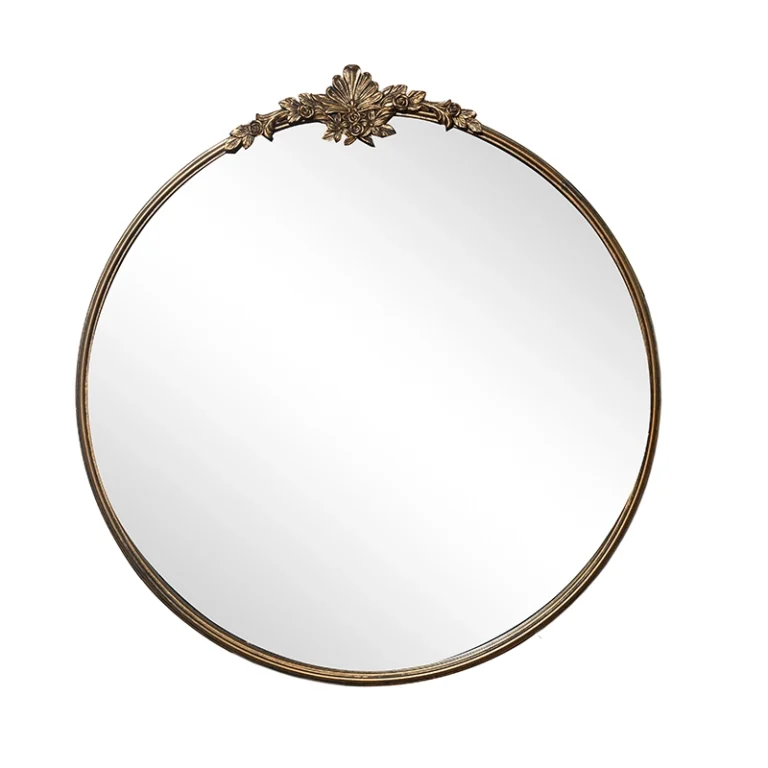
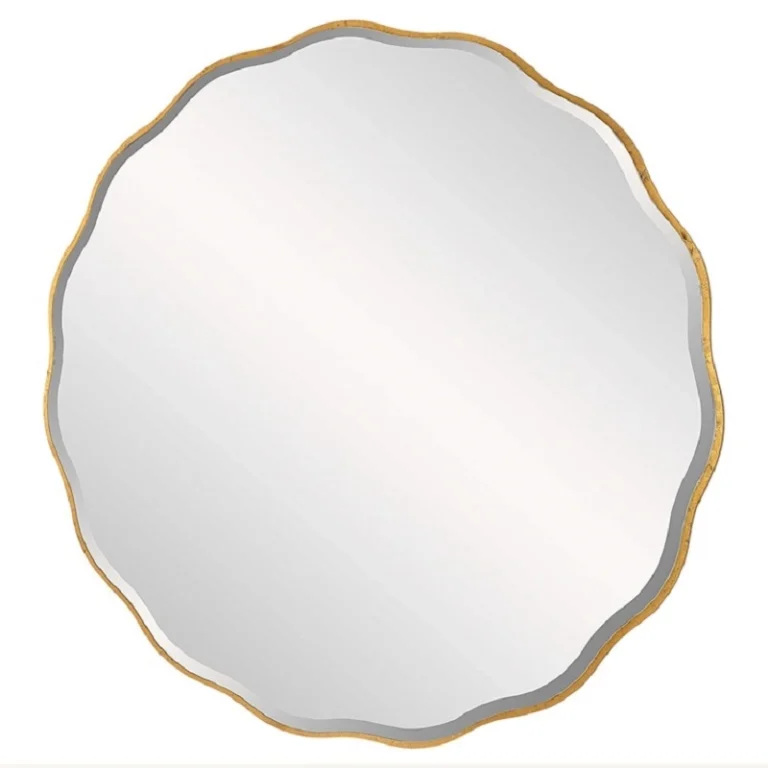
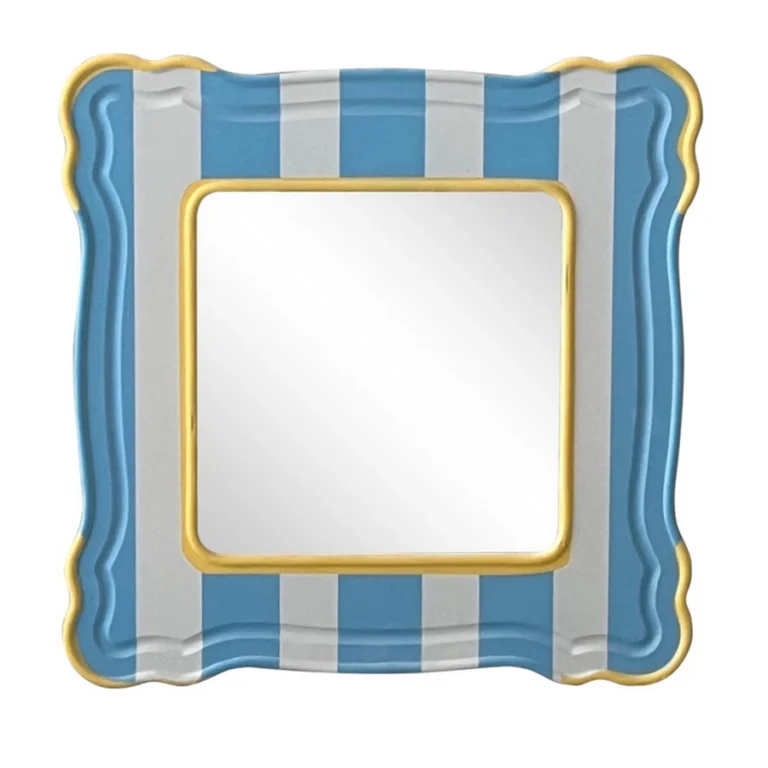
Leave a Reply